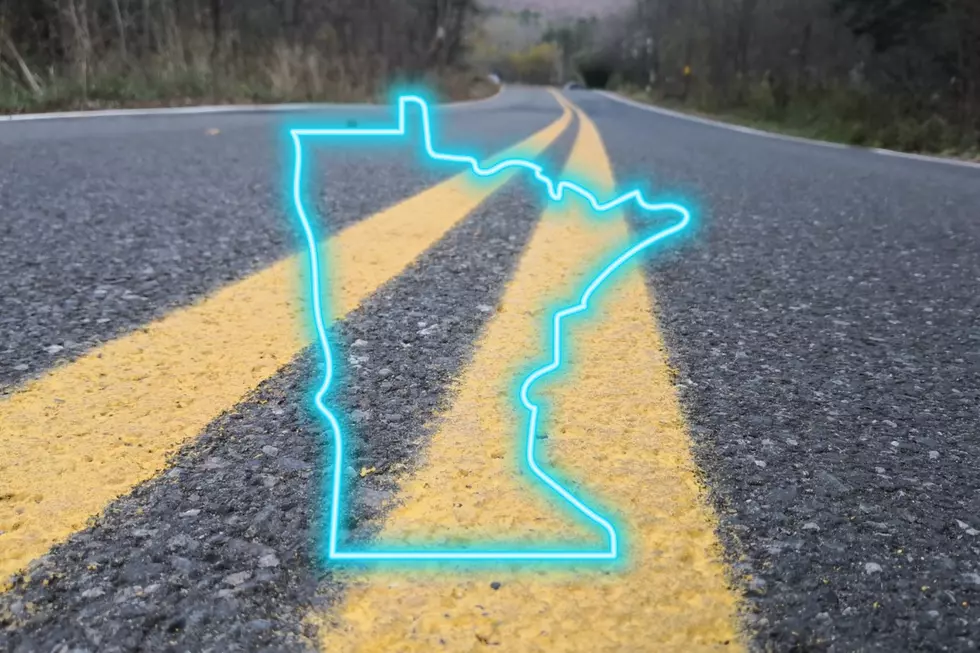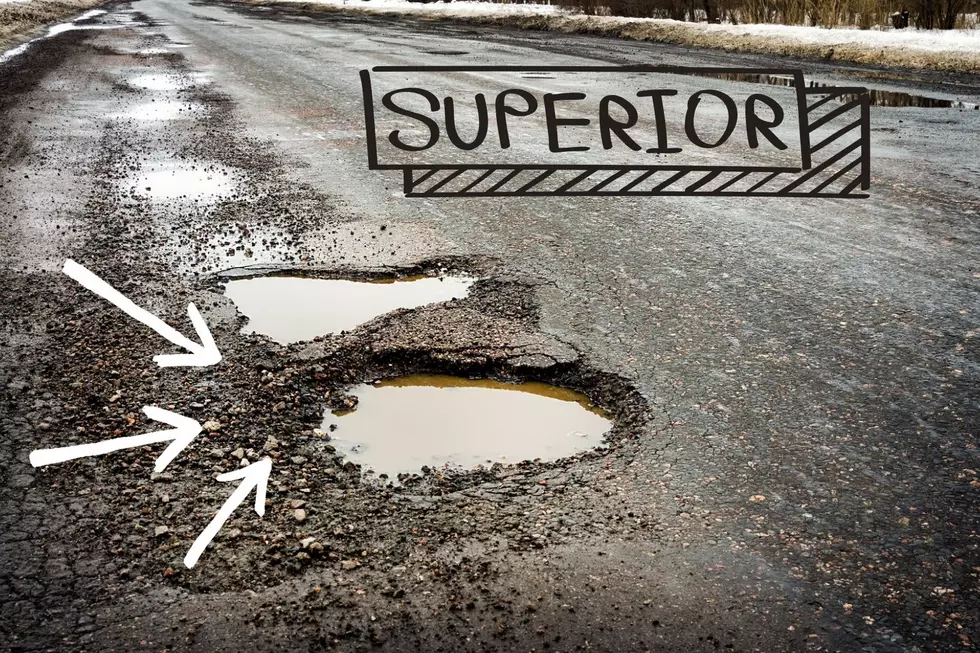
Year-Round Shipping Season For Twin Ports Researched
Northlanders know their seasons and if the temperature and forecast didn't give it away, the "other" seasons - tourists and shipping - might. Truthfully, while the summer months see an influx of out-of-town visitors in the area, tourism has truly become a year-round industry. So what about shipping? What if that also went ahead for twelve months out of the year? Changing climate trends and modern technology could be the key.
A year-long research project has been initiated by the Transportation and Logistics Research Center at the University of Wisconsin-Superior. Funding for the project is coming from a University of Wisconsin Sea Grant. What these developers hope to learn is whether or not the Twin Ports - the Port of Duluth and the Port of Superior - could be like similar ports in Europe that maintain open passage ways for vessels and an open-road without obstacles for the shipping industry.
The benefits of the shipping season going year-round go without saying. But there are drawbacks to be considered. While an open port and water all year long would allow a wider timeline for ships to make their cargo loads, that widened timeline could have far-reaching effects. An article in the Superior Telegram expands on that issue - with remakes from Richard Stewart, director of the Transportation and Logistics Research Center:
"....[W]ith the existing fleet of ships, how many ships would be needed to carry that same amount of cargo if they could operate, instead of nine months per year, ten months, eleven months and twelve months? If that cargo pie doesn't grow bigger, we believe our research will indicate a need for fewer ships".
That demand for ships could reverberate throughout the local economy. "Taconite, coal, and limestone terminals - such as those in Duluth and Superior - may no longer need to store large buffer stocks of their products to carry them through the winter since they might be able to operate year-round".

One thing is for sure is that change is always inevitable. The Twin Ports shipping industry has already seen changes with later ice formation and earlier melting. The question then isn't "if" there will be changes but "what" they'll look like. That's exactly what this research project hopes to map out.
7 Northland Town Nicknames & How They Got Them
Items You'll Find At A Farmers Market In The Fall
More From B105









